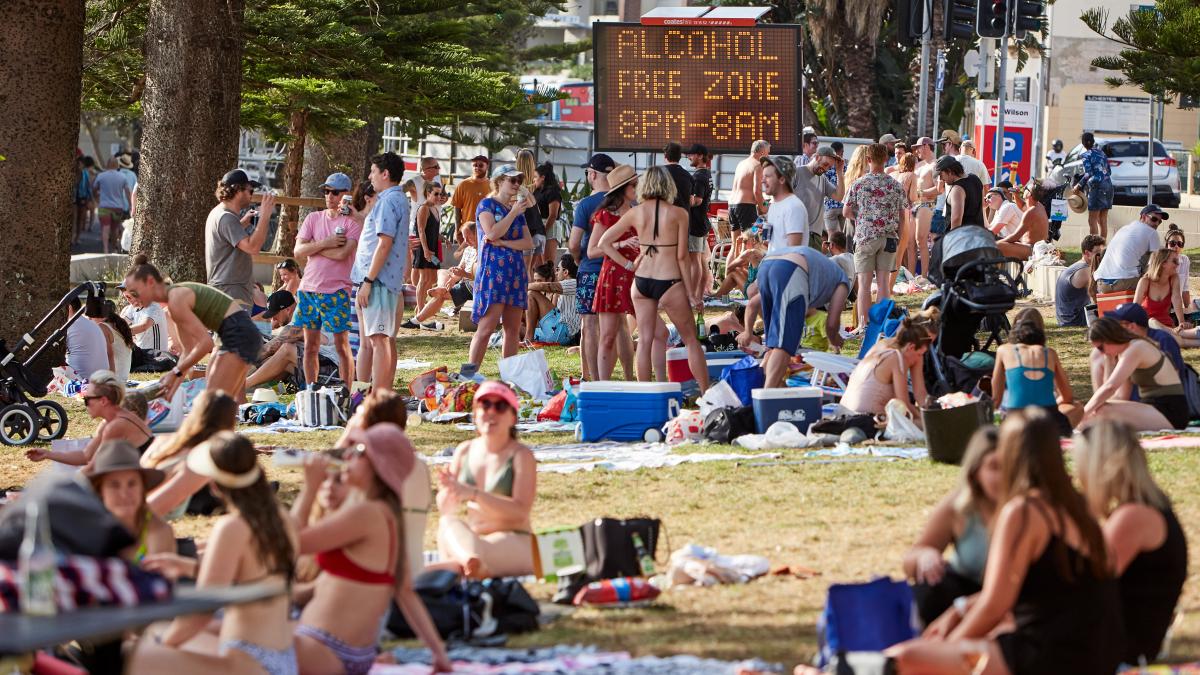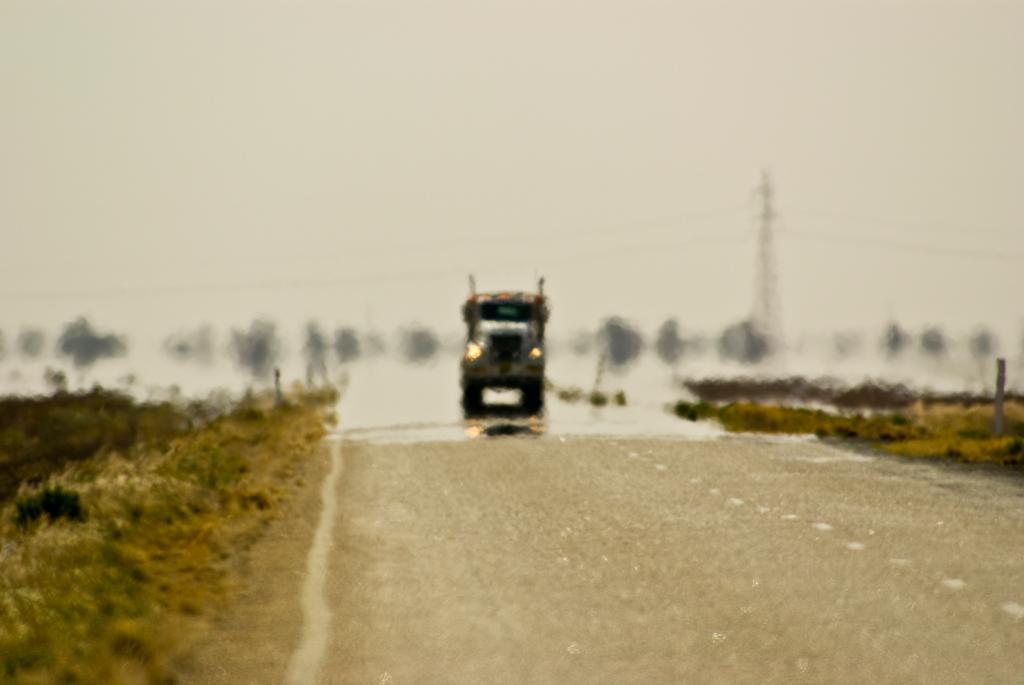
Deaths from heatwaves are expected to skyrocket over the coming decades, government data uncovered this week revealed, as parts of the country prepares to battle another round of extreme heat.
According to government analysis, more than 1,000 people will die from heatwaves every year in Perth, Melbourne, Sydney and Brisbane by 2050.
Heatwaves are already the deadliest climate-related phenomenon in Australia, killing more than storms, fires and floods combined. If predictions prove true, Brisbane would see the steepest increase in deaths in the country, climbing more than 500%, and Melbourne would double its figures.
Responding to the data, the Greens said all of these deaths were preventable.
“Over the next few decades, tens of thousands of Australians will die from heat-related illness if the government doesn’t take action to ensure our homes are heatwave resilient, and our cities and suburbs have enough tree coverage to prevent urban heat islands,” Greens MP Elizabeth Watson-Brown said in a statement.
“You shouldn’t need to fret over your energy bill when there’s a 37 degree day, and turning on the aircon could well be what protects you from serious heatstroke.”
She said that heatwave mitigation projects have received almost no funding by the federal government ($3.2 million in the last round). Compared to more than $11 billion spent on fossil fuel subsidies last year, the party said the government had its priorities wrong.

The data comes as parts of eastern Australia are preparing for temperatures to surge higher than 40 degrees over the coming days, prompting authorities to issue urgent health warnings.
“Residents and visitors of New South Wales [are urged] to look after their health as a wave of hot weather crosses the state this week,” a joint statement from NSW emergency services said.
“The severe heatwave conditions will develop across the central and northern inland and spread east towards Sydney, the Hunter and Mid North Coast on Wednesday and Thursday.
“The best advice is if you don’t need to be out – stay at home.”
Emergency services urged people to stay cool, hydrated and aware of changing conditions.



